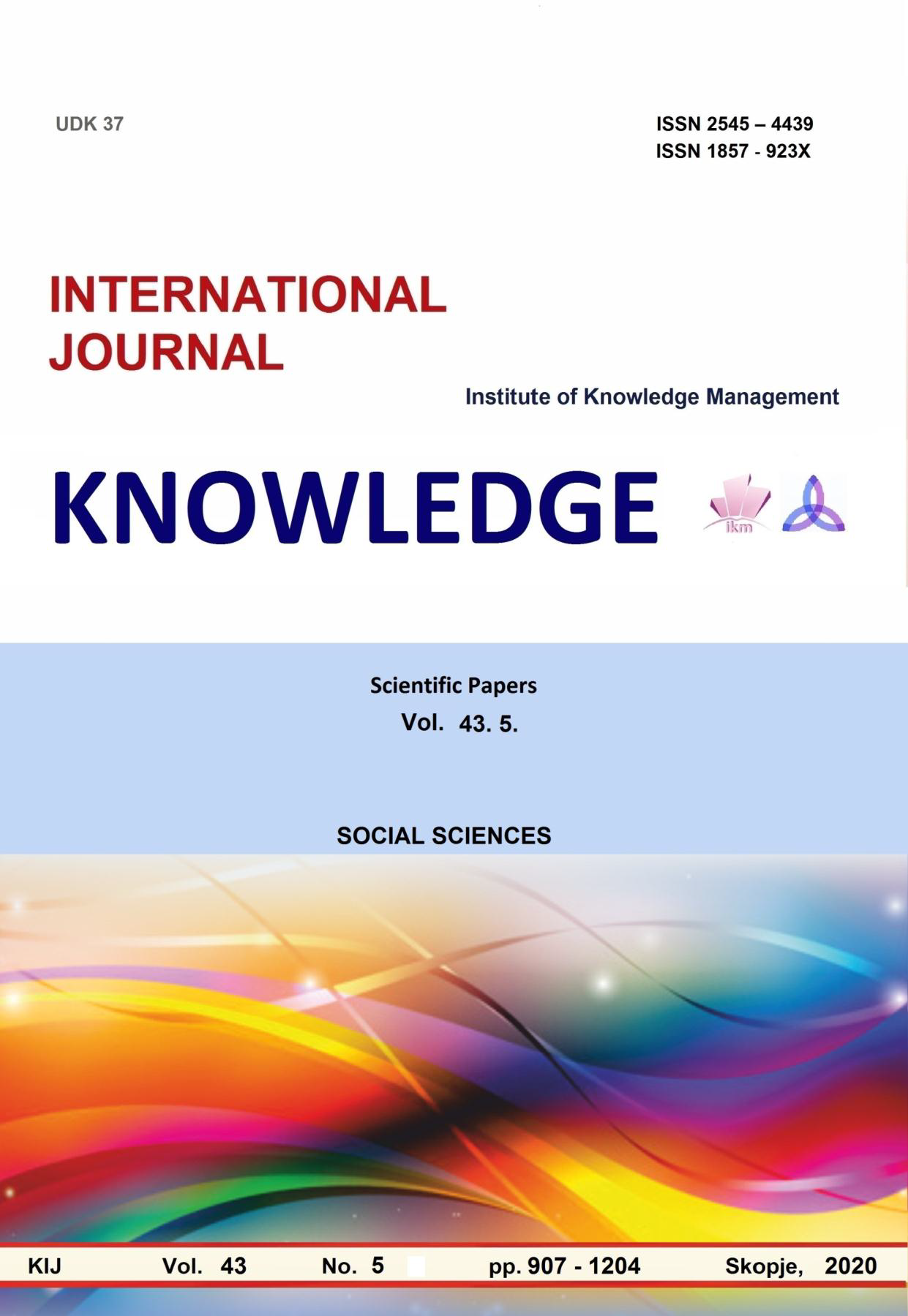THE CONTRIBUTION OF THE BIO-SECTOR TO ACHIEVING SUSTAINABILITY IN MODERN SOCIETY
THE CONTRIBUTION OF THE BIO-SECTOR TO ACHIEVING SUSTAINABILITY IN MODERN SOCIETY
Author(s): Valentina Nikolova-Alexieva, Katina ValevaSubject(s): Economy
Published by: Scientific Institute of Management and Knowledge
Keywords: Bio-sector; bio-enterprises;sustainable development;
Summary/Abstract: Towards the end of the 20th century, it began to be realized that - humanity lives in a globalizing world of depleting energy sources, shortages of raw materials, food and drinking water; a nature from which hundreds of animals and plants disappear every year, disasters become commonplace, and global warming is taken for granted; a society without regulations, with over-consumptive patterns of consumption, claiming openness, but closed by greed and selfishness, without thinking for future generations; a growing population of the Planet, which means that needs are growing and natural resources are becoming more limited, even on the verge of depletion. All this leads to conflicts between increasing human needs and declining natural resources. Financial crises turn into economic ones, and economic crises into resource crises. Economic growth does not increase human happiness, but leads to growing social inequality and ecological imbalance. Growing environmental problems and the uneven distribution of wealth around the world raised questions more than forty years ago about how to achieve sustainability. As early as the early 1990s, a broad international consensus was formed around a network of principles and goals for sustainable development, known as the paradigm for the effectiveness of development aid, set out in the Millennium Development Program. Two periods for the implementation of Development Goals in 15-year time ranges are formed. In the first period, in 2000, at the Millennium Summit, the Millennium Declaration was signed, launching the Millennium Development Goals 2000-2015. The new Sustainable Development Goals, as natural successors to the Millennium Development Goals, Millennium Development Goals (MDGs) were adopted in August 2015 in New York, during the 70th UN General Assembly, where the world leaders of 193 countries (193 UN member states, two observer countries and 11 other countries) agreed to achieve a better future for all and adopt a new global framework for sustainable development, the "Agenda 2030", called "Transforming the World". It reflects the first international consensus reached that peace, security, justice and social inclusion for all should not be just separate goals, but mutually reinforcing. The program is considered to be crucial for sustainable development worldwide. It sets 17 Global Goals with 169 specific sub-goals, balancing the integration of the three aspects of the concept of sustainable development - economic, social and environmental and outlining the path for sustainable development of the Planet for the period up to 2030. They are universal, inclusive and relevant. for all countries in the world.The purpose of this report is to present the results of a scientific study conducted among bio-sector enterprises, examining the possibilities for the sector's contribution to achieving the global goals for sustainable development of society. As a result of the research, the specific strategic commitments of the participants in the research, which are to be included in their development plans and programs, are summarized.
Journal: Knowledge - International Journal
- Issue Year: 43/2020
- Issue No: 5
- Page Range: 1183-1189
- Page Count: 7
- Language: English

